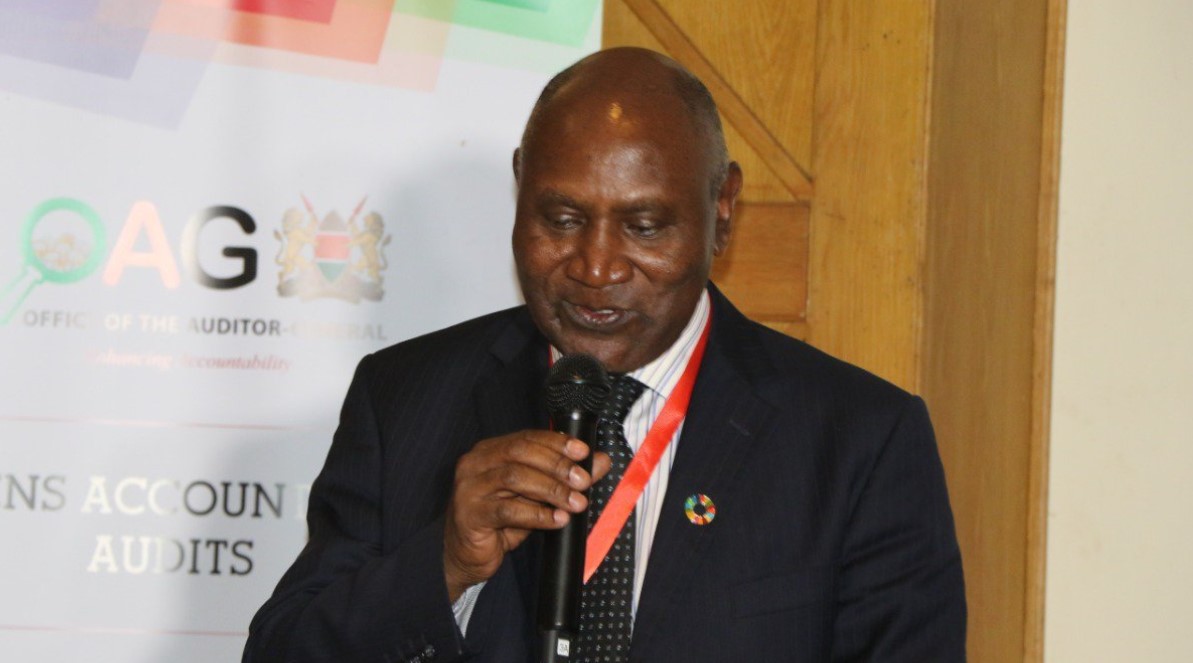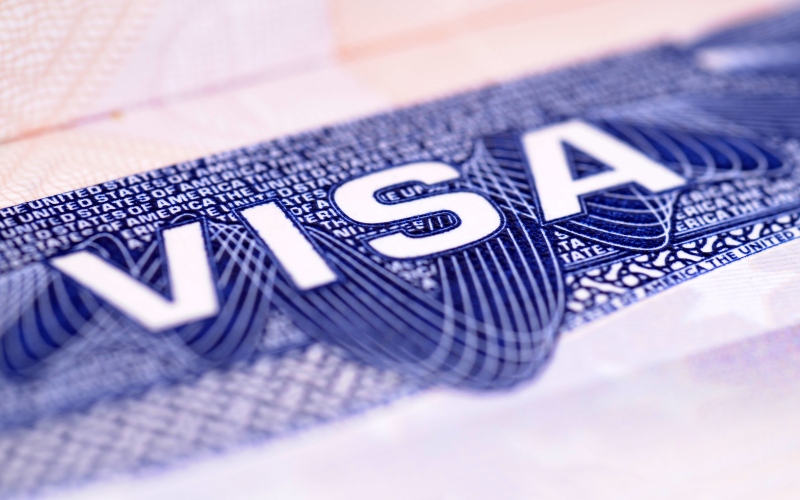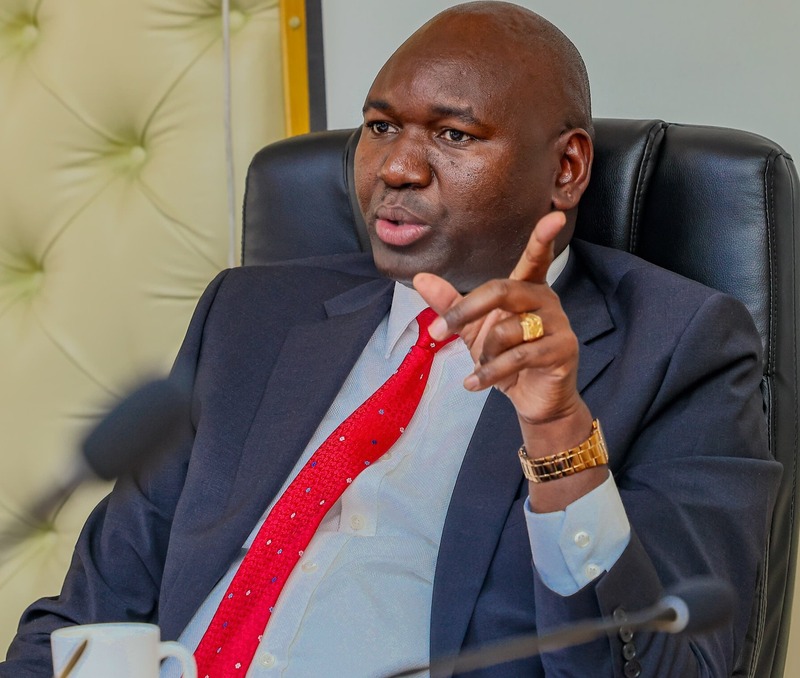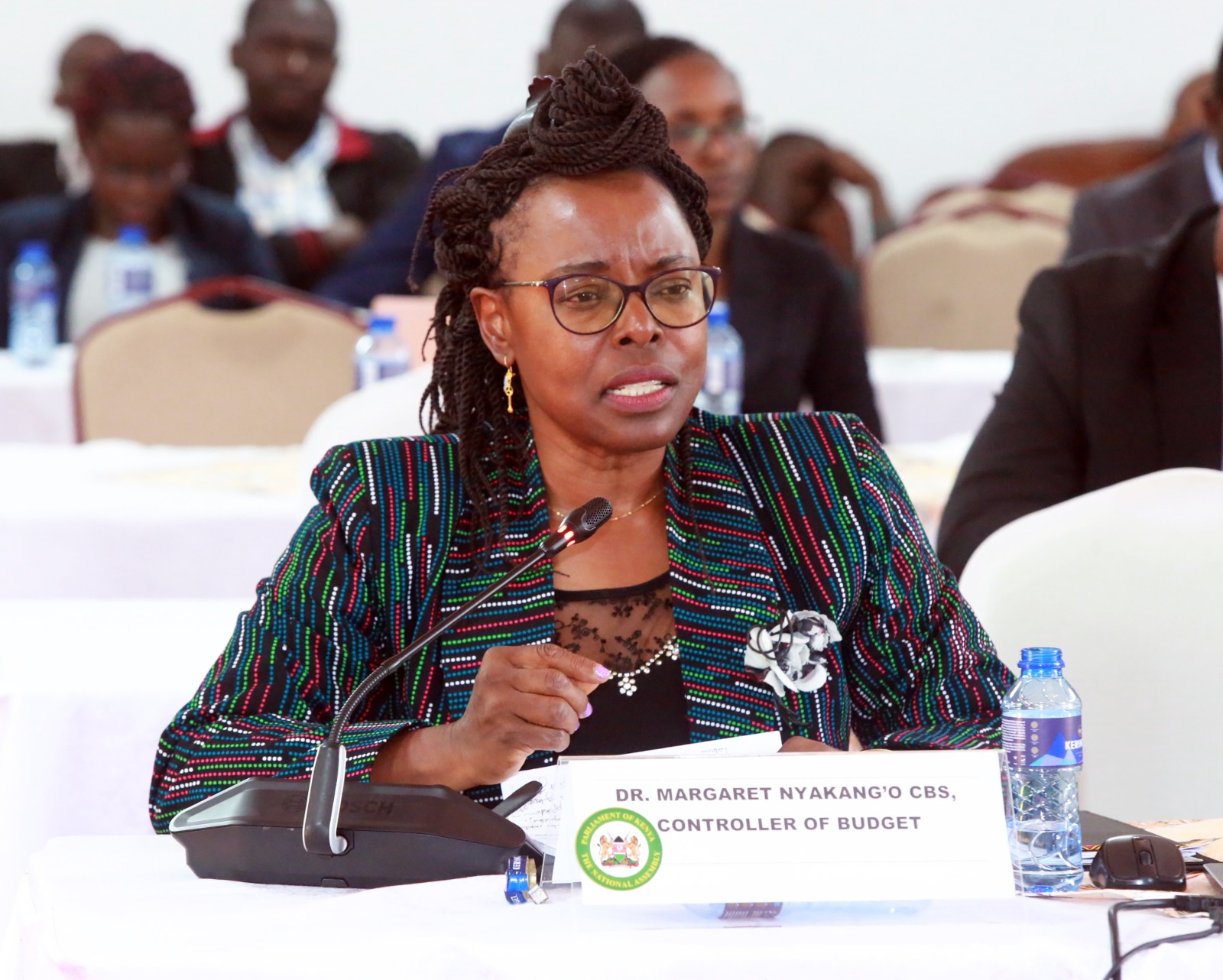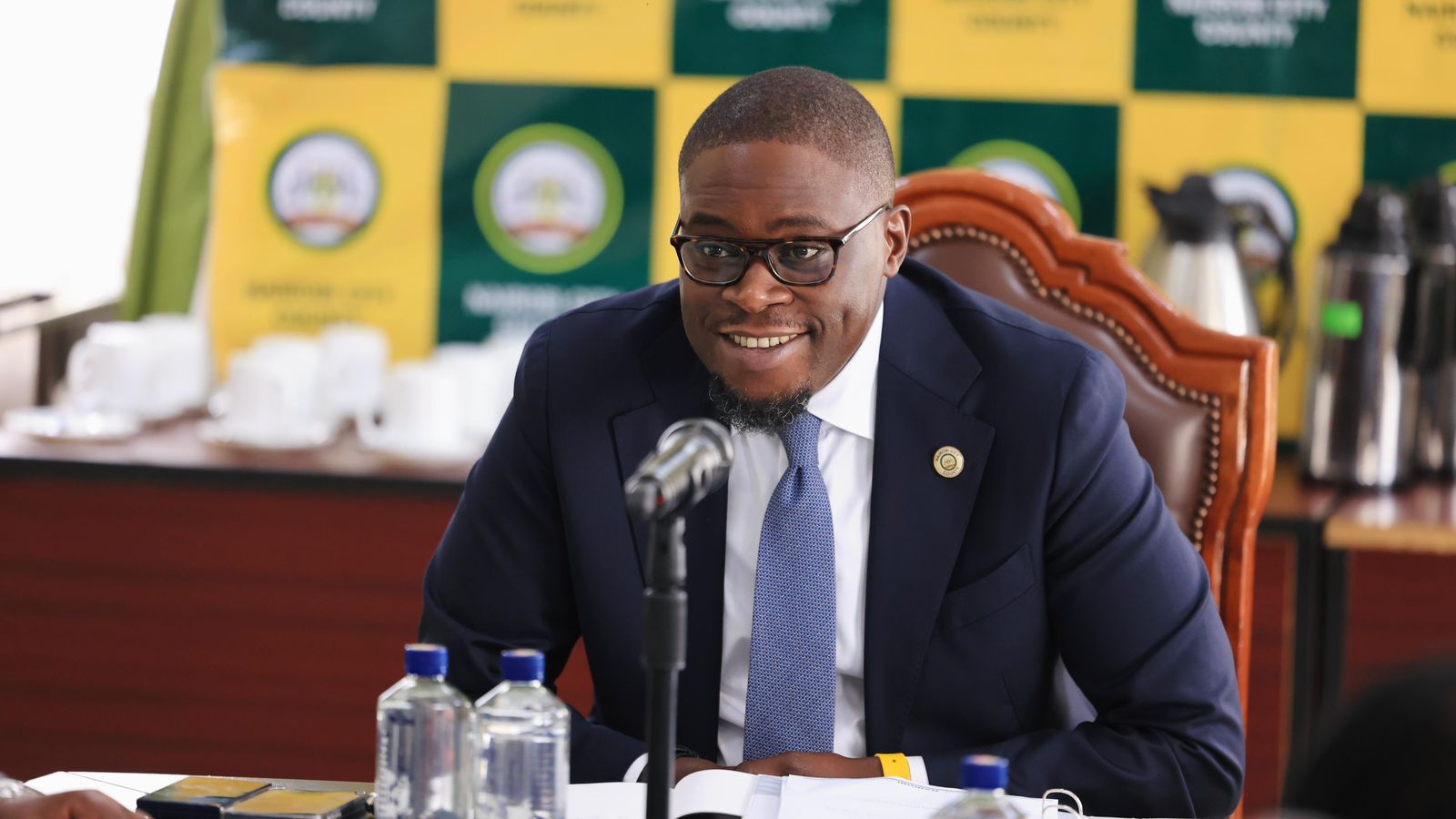Which countries recognize Palestinian statehood?
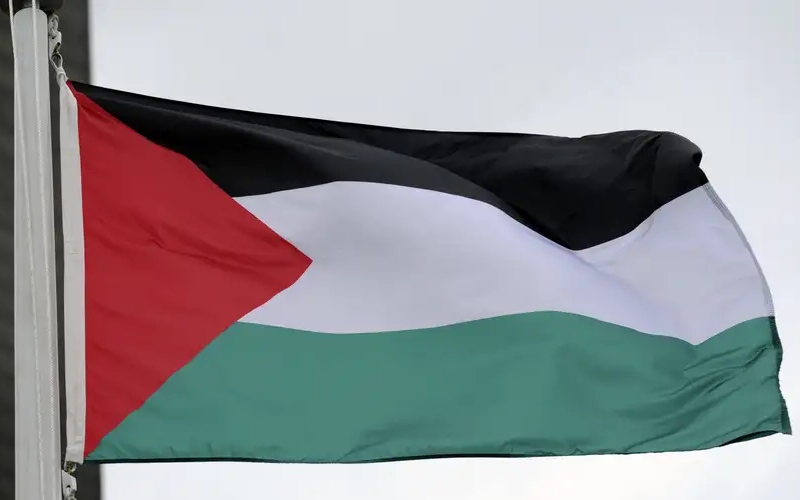
Despite widespread international recognition of Palestine as a state, some Western nations say they will only endorse Palestinian statehood as part of a comprehensive peace agreement with Israel. But the tide's changing.
A majority of countries now recognise Palestine as a state. But despite decades of efforts, full sovereignty and UN membership remain out of reach for a Palestinian state.
On September 9, the United Nations General Assembly overwhelmingly backed a resolution supporting a two-state solution for Israelis and Palestinians. 142 countries voted in favour, 10 against and 12 abstained.
More To Read
- Gazans flee ‘death and devastation’ with no transportation or means of shelter
- Civilian lifelines collapsing in Gaza City, UN humanitarians say
- EU to target Israel, Russia with new sanctions over Gaza and Ukraine crises
- Rwanda backs Qatar at UN, demands accountability for Israeli strikes
- Arab-Islamic summit condemns Israeli attack on Qatar, vows full solidarity
- Gaza: International community must ‘match words with action’ now
The vote came less than 24 hours after Israeli Prime Minister Benjamin Netanyahu declared there would "never" be a Palestinian state.
On Friday, September 19, the United Kingdom said it was preparing to recognise Palestine as a state. Australia, Canada, France, Luxembourg, Portugal and Malta have announced plans to recognise Palestine as a state in September 2025 at the United Nations General Assembly. Belgium said it would recognise Palestine, given certain conditions.
The recent moves signal a shift in Western policy on Palestinian statehood - and they have angered Israeli officials.
Benjamin Netanyahu and members of his government have consistently criticised the moves to recognise a Palestinian state, often arguing that it would reward terrorism.
Most countries worldwide already acknowledge the Palestinian territories as a state, but opposition remains strong from key powers. Palestine already has non-member observer status, but full UN membership can only be decided upon by the UN Security Council.
In April 2024, the US, a permanent member with veto power, blocked a draft resolution that would have recommended granting the Palestinians full membership.
Path to recognition for a Palestinian state
A total of 147 countries have officially recognised the Palestinian territories as a state. Just under half of these nations did this formally after November 1988, when the Palestine Liberation Organisation (PLO) officially declared Palestine an independent state.
Endorsements came from communist states such as the Soviet Union and China, as well as nonaligned countries Yugoslavia and India.
More countries followed suit. In the last decade of the 20th century, many Central Asian nations, along with South Africa, the Philippines and Rwanda, established diplomatic relations with the Palestinian territories. In the early 2000s, Argentina, Bolivia, Ecuador and Venezuela officially recognised the Palestinian territories as a sovereign nation.
In 2011, the Palestinian Authority (PA) applied for full membership in the UN, but the Security Council dismissed its bid. Nonetheless, the PA's diplomatic efforts, coupled with widespread frustration with the stalled Israeli-Palestinian peace process, prompted more than a dozen countries, including Chile, Uruguay and Peru, to recognise the Palestinian territories as a state.
In 2011, Palestine was admitted as a full member of UNESCO, marking a victory for Palestinian diplomacy. Iceland became the first Western European country to recognise it as a state the same year, setting a precedent for Sweden, which followed suit in 2014.
Recent developments
In 2024, the Bahamas, Trinidad and Tobago, Jamaica and Barbados announced their recognition of the Palestinian territories as a state. In June 2023, Mexico announced its full support for Palestinian statehood, and shortly afterwards, the Mexican government moved to establish a full embassy with all the privileges and immunities granted to diplomatic missions in the Palestinian territories.
In 2018, Colombia declared Palestine a sovereign nation just before the end of President Juan Manuel Santos' term. Since the beginning of the Israeli offensive on Gaza, the Latin American country, which exported $1 billion worth of goods to Israel in 2023, has reduced its political and economic relations with Israel.
President Gustavo Petro has cut ties with Israel and earlier this week ordered the opening of an embassy in the Palestinian city of Ramallah, in the occupied West Bank.
What is the West's stance?
The US, Germany and many Western European states and their ally South Korea have long supported the concept of an independent Palestinian state coexisting with Israel as a resolution to the long-standing Middle Eastern conflict. However, many said they will only recognise the Palestinian territories as an independent nation within the framework of a comprehensive peace agreement.
That stance has begun to change since Israel's ongoing war in Gaza began in 2023 after the October 7 attack. Ireland, Norway and Spain formally recognised Palestinian statehood in 2024, citing Israel's conduct in the conflict.
In 2025, France became the first G7 country to announce its intention to recognise Palestinian statehood, and Canada, Malta, Australia and Portugal followed suit.
Japan said it will not recognise a Palestinian state for now, a move aimed at preserving ties with the United States and avoiding further strain with Israel, the Asahi newspaper reported on September 17.
Hugh Lovatt, a senior policy fellow and Middle East expert at the European Council on Foreign Relations, told DW that Germany, as one of the staunchest supporters of Israel in the EU, is unlikely to change its position.
"Well, never say never, but I think the Germans have made it very clear that they will be amongst the last to recognise the state of Palestine," he told DW in July.
This article was originally published on May 25, 2024, and updated on September 19, 2025, to reflect current events.
Top Stories Today



